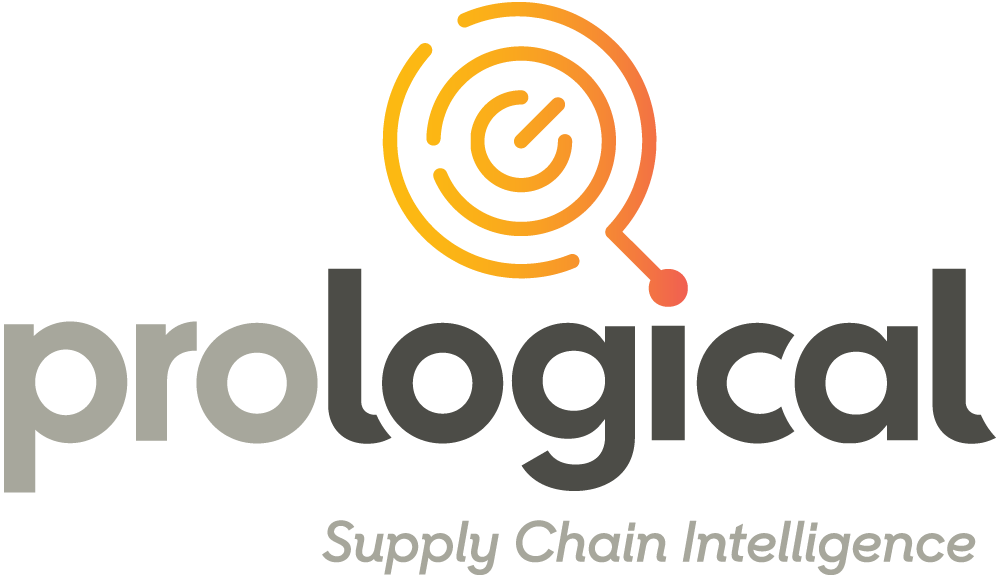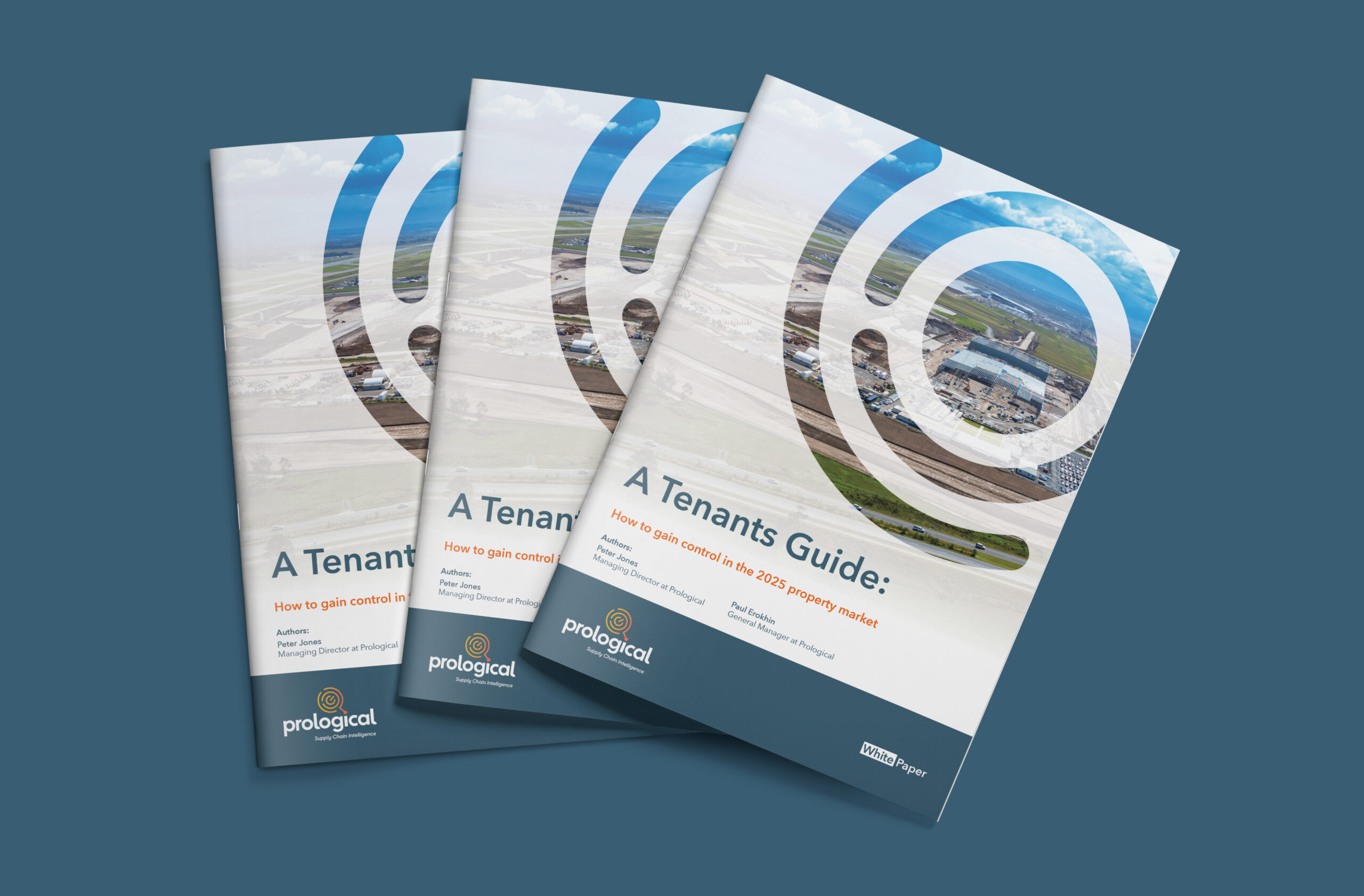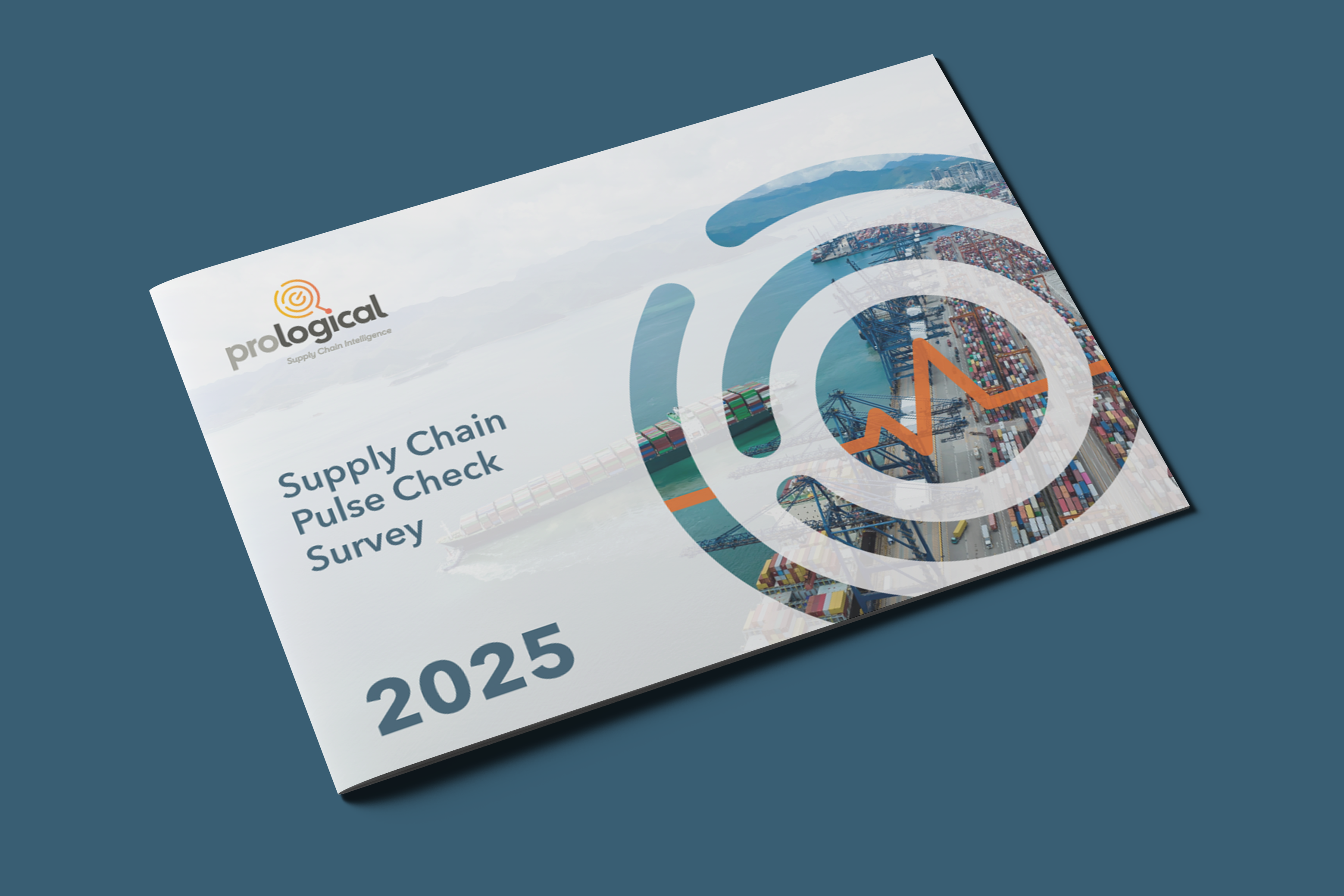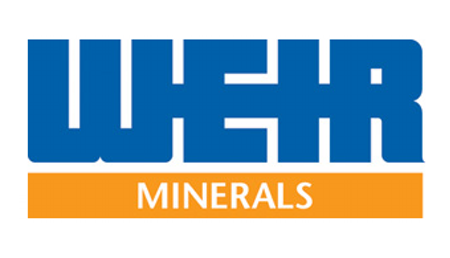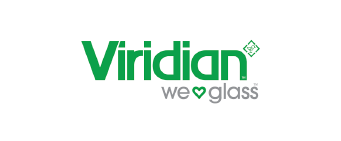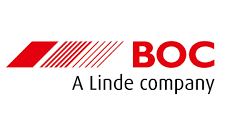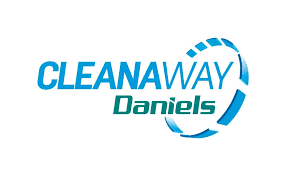Governments around the world are legislating targets that require all corporations to prove their operations are both sustainable and ethical. What does this mean for Australia’s logistics and supply chain sector? Prological’s Managing Director Peter Jones together with Sustainability Consultant Robyn Johnson discuss.
Sustainability has shifted from being an auxiliary goal in an organisation, to a key requirement for business survival. This means that the supply chain must also adapt to meet this challenge. Accountability and transparency have become central to achieving sustainability targets.
Importantly, sustainability involves more in its scope than reducing emissions. It includes people and communities – whether that’s social license to operate, creating a safe workplace or responsible hiring – the ‘S’ in ESG (Environmental, Social, Governance) needs to be a core part of an organisation’s focus.
For logistics providers this calls for introspection and extrospection. An organisation needs to examine how its activities impact internal employees as well as its wider effect on the global community.
Greenlighting change
In Australia, corporations have largely set the pace on the sustainability front in terms of creating a framework and timeline in which they will reach their net zero targets. This has been shaped by social imperatives and foreign legislation that has cross-over in multi-national operations.
In context of the global supply chain, increased social pressures – particularly on climate change action – has led to more legislative requirement on supply chain management. This trend marks the beginning of a clear shift in sustainability measures moving from voluntary to mandatory.
Australia’s Climate Change Act 2022 bill was passed last year, codifying a 43% reduction of greenhouse gas (GHG) emissions by 2030 and a net zero target of 2050. Whilst the legislation does not include measures to cut emissions in the private sector, the industrial and resource sectors can expect this to come in the form of safeguard mechanisms reforms.
Significantly, as of January 1st this year, Germany’s new Supply Chain Due Diligence Act came into effect. The legislation outlines due diligence obligations around human rights and environmental risks and violations. It requires large companies to monitor their operations and direct suppliers worldwide and ensure they are observing all social and environmental standards in their supply chain.
Why should Australia take notice of this German legislation?
Because it will require compliance on a corporate commercial level. And in the same way that the UK’s Modern Slavery Act had a ripple effect around the world, local legislation will likely follow. It would be wise to adhere to the old adage ‘the early bird catches the worm’ and start implementing practices now that prove social and environmental standards are followed.
Pulse check says sustainability top priority
In the recently published ‘Prological Supply Chain Health Check Pulse Check Survey’ which surveyed over 250 senior professionals in the supply chain and logistics sectors, over 80% of respondents said they intend to reduce their transport emissions in 2023. Additionally, the majority of respondents said they had been pressured by customers, investors or suppliers to accelerate their sustainability agenda.
Driving down transport emissions
As indicated in the Pulse Check Survey, top on the agenda for those in the supply chain and logistics sectors is reducing transportation emissions. Transport is Australia’s second largest source of greenhouse gas pollution, and globally, it is the fastest growing source of emissions, currently accounting for about one-fifth of global GHG emissions.
To reach net zero by 2050, transport section emissions need to fall to about 20% less than current levels by 2030. This is a challenging goal that will require considerable investment in infrastructure to enable zero or low-carbon vehicle operations. But where there is a will, there is a way.
Challenges bring opportunity
Corporations are demanding cleaner, greener operations and the service providing side of supply chains has not yet been able to deliver on this in Australia. However, there are changes that can be made now that will see a reduction in emissions and some efficiency wins as well.
What are some steps supply chain companies can take?
- Start transitioning your fleet – Whilst fleet conversion may require more advances in technology, – (EV’s and battery capacities, Hydrogen Fuel and Hybrids, not to mention the infrastructure to support any or all of these) however you can start making steps now to reduce your transport emissions. For example, optimise routes and increase the capacity of trucks to reduce the number of trips. Use electric trucks or vans where you can – such as for metropolitan runs.
- Improve warehouse efficiencies – convert materials handling equipment to battery-electric such as forklifts and/or use conveyors instead of forklifts where possible, ensure there is proper insulation of the building, use LED lights and monitor equipment such as compressors to prevent over-use or leaks.
- Soak up the solar – warehouse facilities have the perfect roofing for solar panels. Utilise it! Typical warehouses can reduce grid-based electricity consumption by ~60% with a 3-year ROI. To operate 24/7 is still out of commercial reach in most cases with ROI’s between 8 and 10 years due to the cost of batteries. However, if your company also has a local distribution task, then converting that task to EV trucks, and operating your infrastructure 24/7 can have an ROI of 4-5 years including the EV trucks.
- Real-time tracking / visibility of fleet and warehouse operations– efficiencies can be immediately gained from insights around truck use, fuel consumption and warehouse operations.
Accountability and transparency are key in 2023
The year 2023 will see some serious acceleration of sustainability action in the supply chain. Central to achieving net zero targets is accountability and transparency – this is what will be expected of providers as the impacts of global and local legislation come into full effect.
